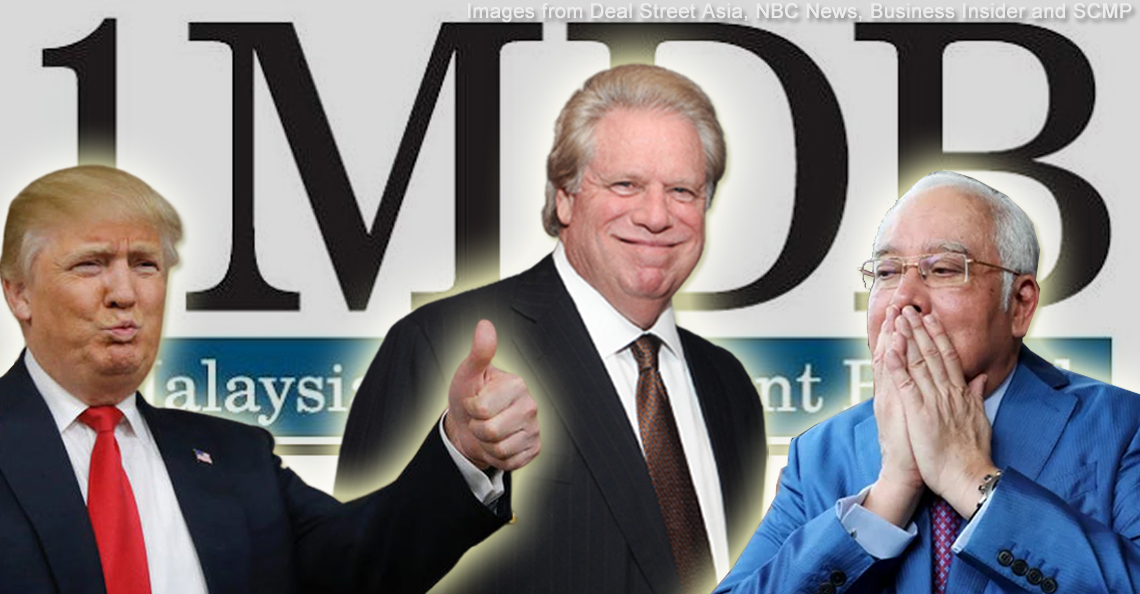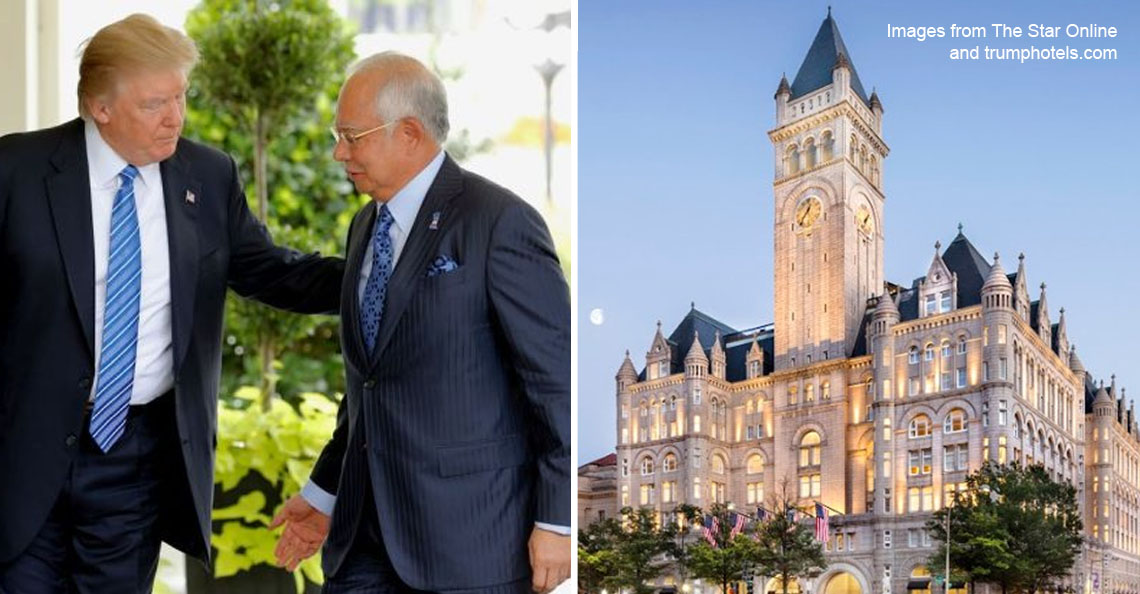Netizens are trying to get Tun M a Nobel Peace Prize. Here’s why it might not be a good thing.

- 780Shares
- Facebook683
- Twitter13
- LinkedIn23
- Email15
- WhatsApp46
Ever since PH’s win in the last election, changes have been happening, and Malaysians are excited about it. Perhaps that’s why several online petitions have cropped up since then, and one of them is for the Prime Minister, Tun Dr Mahathir Mohamad, to receive the Nobel Prize for Peace.
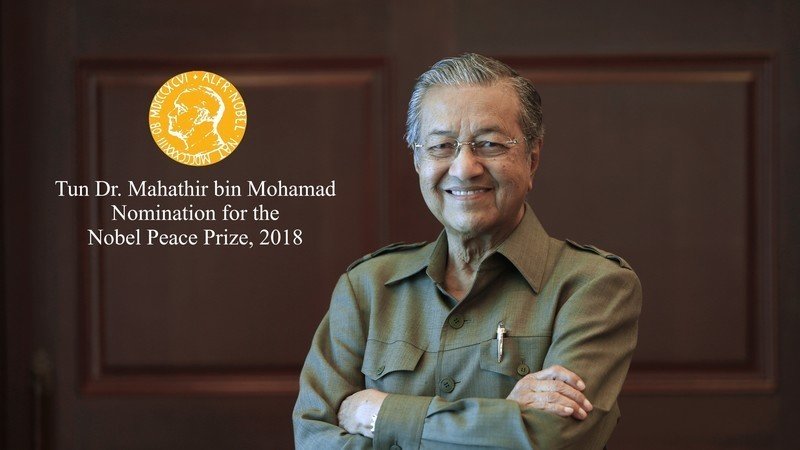
The petition was started by an Alexandria Abishegam, and besides dubbing Mahathir as the Nelson Mandela of Malaysia, she also felt that Mahathir deserves the Prize for
- going against his political prejudice and joining forces with Opposition leaders for the greater good of Malaysia,
- admitting his past mistakes and apologizing for them,
- inspiring millions of voters to fight back against BN in a peaceful and non-violent way,
- helming a peaceful transfer of power and not seeking revenge, and
- giving millions of ordinary Malaysians hope, renewed faith and pride for a new Malaysia.
200,000 signatures is the target, and at the time of writing (5 days after the petition launched) more than 150,000 people have signed it. While petition signers have cited him being a hero and tirelessly saving the country despite his age as reasons to support the cause, not everyone was happy with the petition, and to understand why it’s helpful to first know…
What’s the big whoop about this Nobel Peace Prize business anyway?
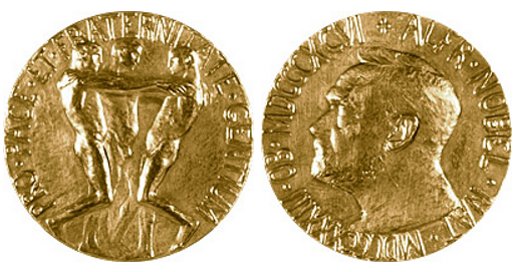
Even if you don’t exactly know what a Nobel Prize entails, you probably know that it’s quite a huge deal, and prestigious as heck. The IREG Observatory on Academic Ranking and Excellence (the international independent body that ranks universities and stuff) uses the Nobel Prize as a sort of yardstick to measure how prestigious an academic award is. According to them, Nobel Prizes have the highest score of 1.00, which means that Nobel Prizes are like the most atas award a person or organization can get.
Nobel Prizes are named after a Swedish guy called Alfred B. Nobel (no, it’s not a typo of ‘noble’), an inventor who got massively rich by his hundreds of patents and inventions, mostly involving explosives. He’s the creator of dynamite, and a popular story of how the Prizes started was because of a careless journalist. In 1888, Ludvig Nobel, Alfred’s brother, died of a heart attack, and a French newspaper mistakenly thought that Alfred was the one who died.
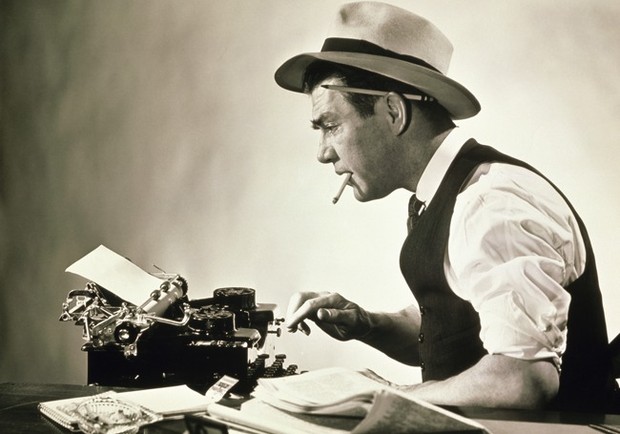
Due to the nature of the Nobel family’s business, the newspaper published a scathing feature of Alfred’s death, calling him a ‘merchant of death‘ who got rich by ‘developing new ways to mutilate and kill’. It was said that Alfred Nobel became so worried about how people will remember him when he’s gone that he changed his last will and ordered his massive wealth (worth about $265 million today, or around RM1.05 billion) to award people who have ‘conferred the greatest benefit on mankind’, in five categories: physics, chemistry, medicine, literature, and peace. A sixth award, for economics, was not contained in his will, but was added in 1968.
The Nobel Prize for Peace is awarded every year to a person/organization that, after consideration by five people appointed by the Norwegian Parliament (called the Norwegian Nobel Committee), is deemed to have
“…done the most or the best work for fraternity between nations, the abolition or reduction of standing armies and for the holding and promotion of peace congresses.” – Excerpt from Nobel’s will, taken from NobelPrize.org.
The winner (or up to three winners) will receive a gold medal (18-carat green gold plated with 24-carat gold), a diploma, and prize money, the amount of which depends on how much the Nobel Foundation can award that year (USD1.5 million in 2013, or about RM6 million), presented to them by the chairman of the Norwegian Nobel Committee in the presence of the King of Norway in Oslo City Hall in Norway’s capital.
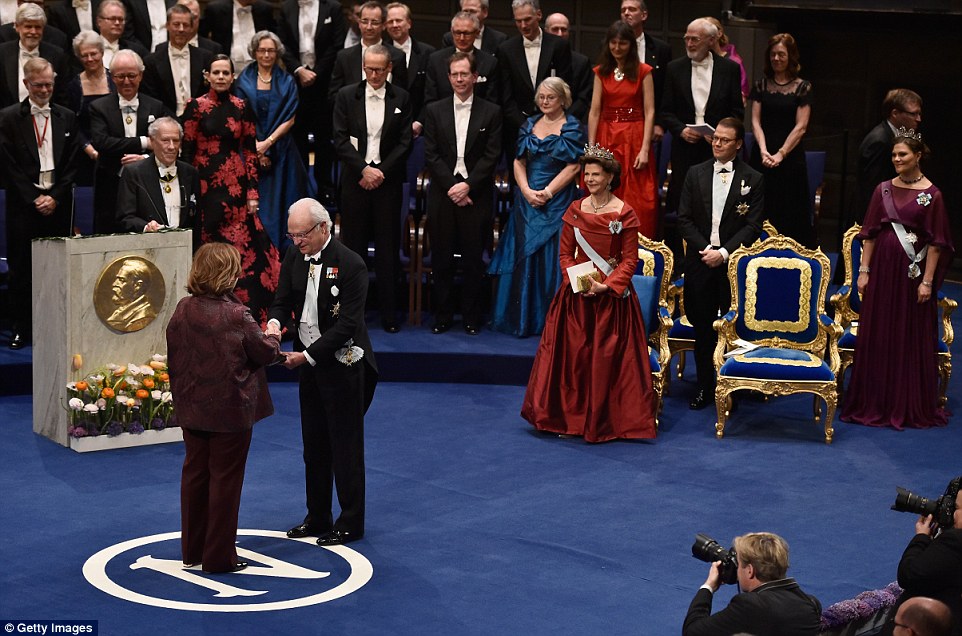
The Peace Prize had been awarded almost every year since 1901, so Mahathir receiving a long-standing, internationally-acclaimed award for peace would mean something, right? Well…
The Nobel Prize for Peace had its share of criticism over the years
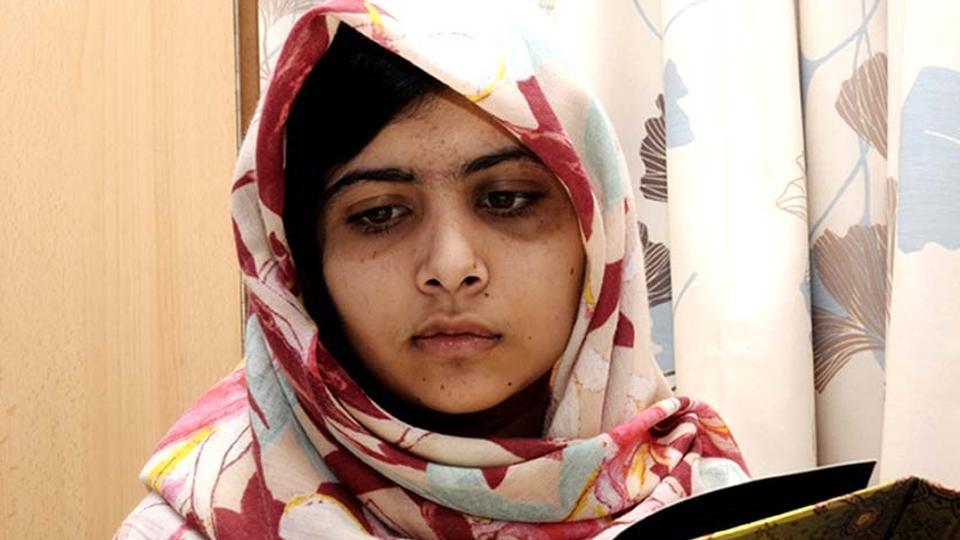
The Change.org petition to nominate Mahathir was said to copy the idea behind the nomination of Malala Yousefzai, a Pakistani child activist who was shot in the head by the Taliban while campaigning for girls’ education. She was later given the Nobel Prize for Peace in 2014, with the support of the Canadian Prime Minister and other federal party leaders. But is it really that simple?
Actually, it’s technically a lot simpler than a petition. Literally anybody can be nominated for the Peace Prize, but they must be nominated by a select few (thousands) of people, and that list includes former winners (or laureates), certain members of parliament of governments around the world, some university professors, and members of certain organizations. So it may come as no surprise that people like Adolf Hitler and Donald Trump (twice) had been said to be nominated in the past.
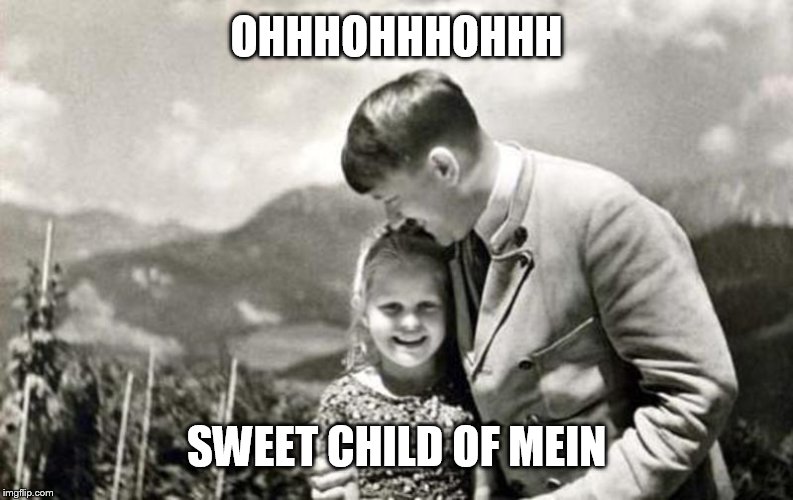
The Nobel Institute had later claimed that the nomination for Trump was done by fraudulent people, but going past the nomination stage, there’s still a bit of an issue with how the laureates are selected. We’ve already said that laureates are decided by five people from the Norwegian Nobel Committee. There’s room for argument on whether these people are impartial or not, and you can’t exactly quantify peace efforts and its effects. In some cases, like when Barrack Obama won the Nobel Peace Prize in 2009, enough people wondered why he won in the first place, with some believing that’s it’s nothing more than a political gesture.
Notable advocates of peace like Mahatma Gandhi and Eleanor Roosevelt never received a Nobel Peace Prize, yet other recipients of the award had been criticized for their anti-peace actions. The closest example would perhaps be 1991’s Nobel Peace Laureate Aung San Suu Kyi, who received recognition for “her non-violent struggle for democracy and human rights”. Suu Kyi had been criticized for her silence of the persecution of Rohingyas in Myanmar as well as the 2012 and 2015 Rakhine State Riots (a.k.a. the Rohingya massacres), and had denied the ethnic cleansing in Burma.

Once awarded, Nobel Prizes can’t be revoked, and the Nobel Committee’s stand on the actions of the laureates after awarding the prize is as follows:
“However, as a matter of principle the Norwegian Nobel Committee never comment upon what the Peace Prize Laureates may say and do after they have been awarded the prize. The Committee’s mandate is restricted to evaluate the work and efforts of the nominated candidates up to the moment it is decided who shall be awarded the Nobel Peace Prize for a given year.” – Excerpt from the Q&A section for the Nobel Peace Prize.
So what does having a Nobel Prize for Peace mean? Other than the medal, cash, recognition and possibly inspiring peace worldwide, some may see the Peace Prize as nothing more than a glamour award in recent times. Despite that…
Some people (including Mahathir) had said that he’s not worthy of the award
Following the creation of the petition and the encouraging feedback on it, several quarters had came forward and questioned whether Mahathir is good enough to warrant a Nobel Peace Prize. Chew Chuan Yang, spokesman to Suara Rakyat Malaysia (SUARAM), had said that what Mahathir is doing is just cleaning up the mess that he himself made in the first place, and there are other, more deserving people to be nominated.
“He unseated former prime minister Najib Razak and BN, sure. But that doesn’t change the fact that the institution was compromised by him. If there’s going to be a peace prize, it should be the people who have struggled half their lives, if not their whole lives, to challenge an autocratic government. Even Pakatan Harapan de facto leader Anwar Ibrahim deserves it more as a symbol of his Reformasi movement,” – Chew Chuan Yang, Suaram’s spokesperson, to FMT.
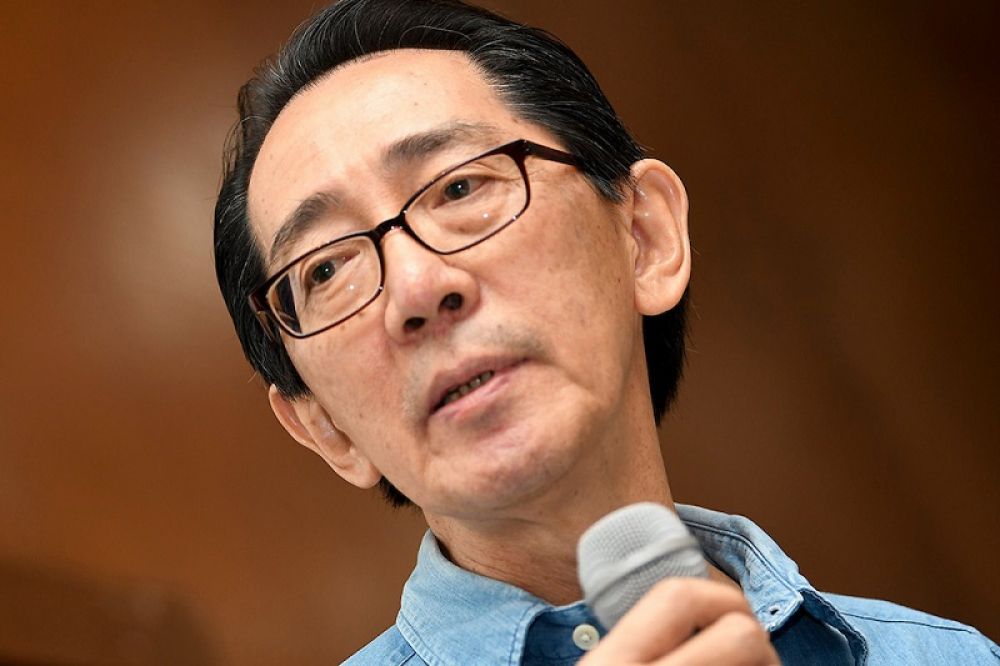
Kua Kia Soong, a human rights activist, had questioned the wisdom of the people who signed the petition, asking whether these people thought that all of Mahathir’s recent achievements really warrant an international recognition for peace.
“Has he deracialised Malaysia by repealing racist policies? Or maybe he has decided to demilitarise Malaysia and has won over the whole of Asean to do the same. And has he said anything about Korean unification and denuclearisation? The Nobel Peace Prize is a farce and everyone knows it,” – Kua Kia Soong, for FMT.
Mahathir’s daughter, Datin Paduka Marina Mahathir, had thanked the people signing the petition, but she had stated that Mahathir himself had said the he does not deserve such an award.
“It was really nice of them to do that but knowing my father, he is not one who works hard for an award or a recognition. So I don’t know what to say… Thanks, but no thanks, I guess?” – Marina Mahathir, to the Coverage.
Even Tun Dr Mahathir Mohamad himself came up with a punny comment on the matter.
“Nobel prize? I am not so noble,” – Tun Dr Mahathir, as reported by FMT.
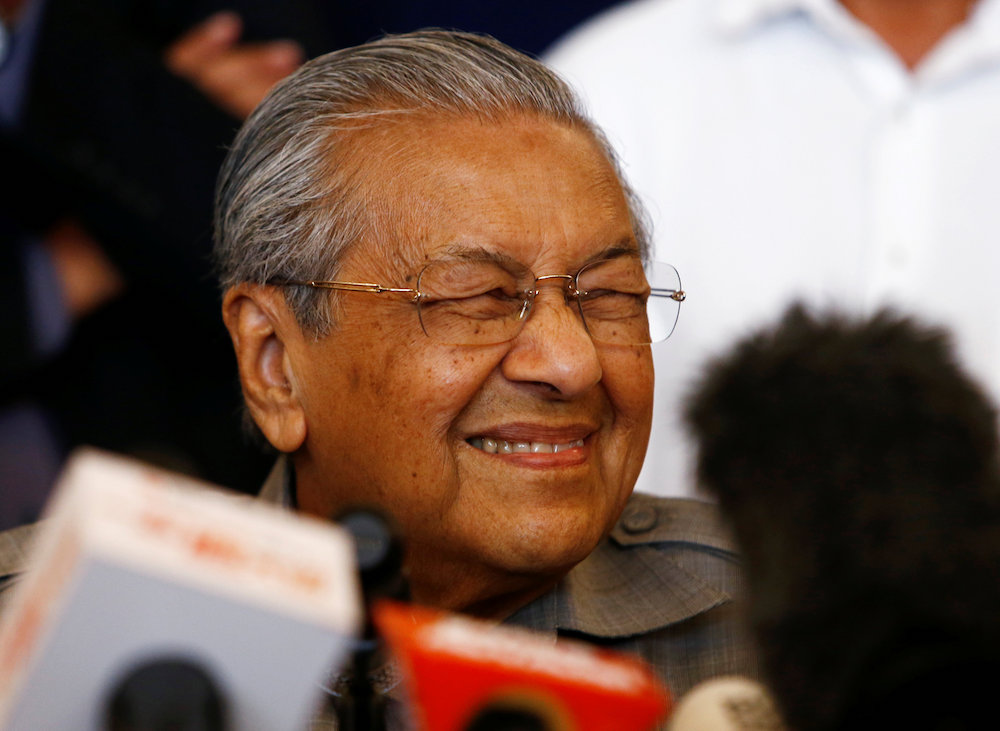
Huh. Turns out the man himself doesn’t want it. Which brings us to the question…
Do Malaysians need to seriously chill with all the petitions?
These past few weeks, several petitions have cropped up in response of recent events. First there’s the double petition over the who-should-be-education-minister fiasco. Then there’s the petition asking Home Minister Muhyiddin Yassin to ban Zakir Naik from Malaysia. Then there’s this petition nominating Mahathir for a Nobel Prize. Then there’s another one protesting the abolition of JAKIM. All of these garnered signatures in the tens of thousands, but it had only been like half a month since the government changed. You’ve probably been asked to sign one of these on socmed, or have asked people to.

We know that since the first two petitions contradict each other, one of them can be said to have ‘made a change’, but we couldn’t find any evidence saying that it’s the petitions that influenced the government’s decision. The Nobel Prize petition had been kinda rejected by Mahathir himself, and as for the other two, it’s too soon to tell whether anybody in the government will take action on that. But will drawing up petitions change anything?
As a UK news portal discovered, probably not. According to the site, in the UK, petitions that managed to garner at least 100,000 signatures will be considered for a debate in the Parliament. By analyzing results of Parliamentary debates on the most-signed petitions, they discovered that none of the petition campaigns were successful in reaching their goal. If that sounds like a downer, these issues raised by the common people were at least debated in the Parliament, so that’s something else about petitions: it highlights issues that may not otherwise be apparent to the government, and it shows how much people care about such issues.
The petition to get Mahathir a Nobel Prize for Peace may not get him one, but it at least showed what Malaysians think of our current Prime Minister. Regardless of whether it’s a good thing or not…
- 780Shares
- Facebook683
- Twitter13
- LinkedIn23
- Email15
- WhatsApp46

